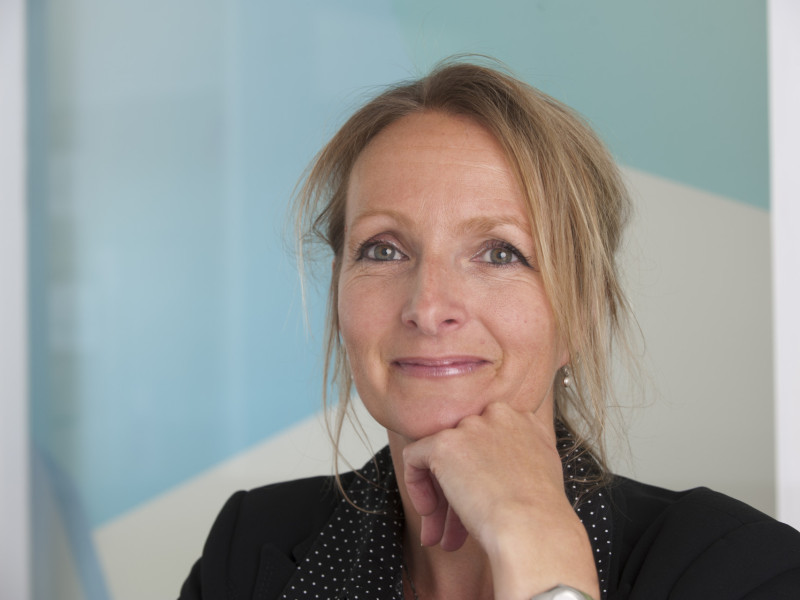Anne Mallory FIIRSM, Director of Mallory Health and Safety Consultants Ltd, is one of IIRSM's longest-standing female Fellows
How did you first get involved with IIRSM?
I joined IIRSM and IOSH soon after doing the British Safety Council Diploma. I felt that many professional organisations had a reputation for being a closed shop but found that IIRSM was very welcoming. The networking side felt much stronger than with some of the others. Looking back to 20 years ago, IIRSM was ahead of the curve in terms of inclusivity, particularly for women with a background in heavy industries – in my working life, I was surrounded by men.
IIRSM had a very small team and you could always speak to a Trustee. It was important to me to be able to have a voice and access to the senior people. At that time, they included Barry Holt, who was an amazing person, while Phillip Pearson has also been super supportive. That made it very enjoyable to be part of IIRSM.
You are one of the longest-standing female Fellows of IIRSM – why did you apply?
I gained Fellowship of IIRSM in 2008 and I remember it being a joyful experience. It was the right time for me as a consultant as I had been doing more outside of the day-to-day job, such as tutoring contractors applying for their Construction Skills Certification Scheme (CSCS) cards. There wasn’t the same support to become a Chartered Fellow from other professional organisations and IIRSM was a breath of fresh air.
What do you recall from your time as a Trustee?
I was invited to become a Trustee and member of Council in 2016 and did that for six years. At that time, there were a lot of financial concerns and we were then thrust into the Covid-pandemic. What I am seeing now is that a lot of my peer group are thinking about retirement and risk management is not attracting a lot of new blood, which may mean that it will be harder for membership organisations. But what IIRSM is doing, particularly in taking part in conversations where the safety record may not be great, is vital.
What do you think has had an impact over the past 50 years?
Unfortunately, it’s the big accidents that change what we do – the Flixborough disaster leading to the 1974 Act, Martyn’s Law following the Manchester Arena terrorist attack, the inquiry following Grenfell, factory fires in Bangladesh highlighting issues with the supply chain in fashion… The 1974 Act was great in setting the framework. The problem we have now is that we are moving so fast that legislation struggles to stay relevant. In many cases the evidence takes so long to prove causation. Its only recently that we are talking about regulating harmful chemicals used in outdoor gear, while our children are eating so much sugar and processed food that we were never designed to eat.
Nothing ever comes from the public inquiries that is pragmatic. New layers of legislation do not help. Working with several social housing organisations, I have seen that things just fall between the stones when it comes to the duties of the responsible duty holder, as highlighted by Grenfell. There are all sorts of complications in the contractual relationships and interactions between landlords, resident managed organisations and companies. It would be useful for legislation to set out what each is responsible for.
And what do we need to consider for the future?
How are we going to regulate AI and continue to keep people safe? We are just at the start of it.
What would you like to say to IIRSM on its 50th anniversary?
Keep pushing the horizons as you have done for many years. Be part of the conversation and keep influencing. The people you engage with want prevention not reaction. It’s the small things that make a big difference.
Thank you for enquiry
A member of staff will be in touch soon. Regards, IIRSM




